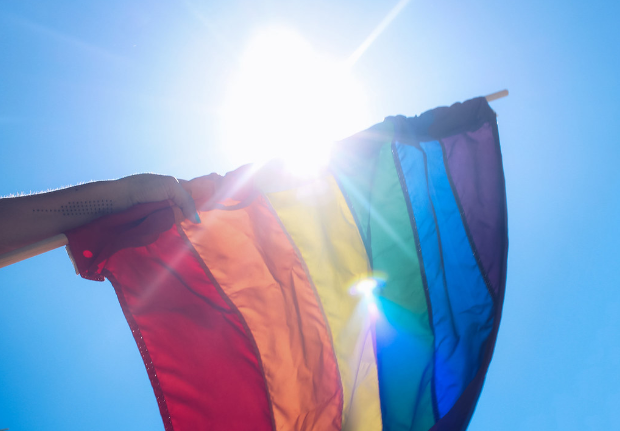Mental Health in the LGBTQ+ Community
May 17, 2022
Mental health is an overarching issue amongst many communities, and a severe epidemic, with approximately 280 million people worldwide being affected by depression. Of these 280 million, a staggering amount of those people identify with the LGBTQ+ community, with over 20 million LGBTQ+ individuals in the United States alone being affected by depression. The reasoning behind this goes much deeper than just surface-level—being consistently marginalized and discriminated against may inevitably lead to a battle with mental health—and instead, the real problem may rest in the internal struggle that many who are a part of the community feel.
The main problem that many people a part of the LGBTQ+ community faces is discrimination. They are constantly faced with the fear of harassment and rejection, as well as the fear of violence. The LGBTQ+ community also faces the problem of feeling different and separated from their peers because of their identities.
“Like with any identity, feeling different—or worse, unaccepted as you are—is a significant risk factor for mental health struggles,” says Anna Docherty, Ph.D., LP, assistant professor of psychiatry with Huntsman Mental Health Institute at the University of Utah Health. “The truth is, most of us experience some significant anxiety or depression in our lifetimes, and we often manage this with social support. Without adequate social support and acceptance, mental health is quite difficult to maintain. Increasing dialogue about LGBTQIA+ experiences and how individuals are overcoming struggles can help normalize and validate what individuals who identify as LGBTQIA+ are managing. Importantly, this can also lead to community education, acceptance, social support, peer-mentoring, empowerment, and pride.”
Now, this doesn’t mean that mental health problems sprout directly from being LGBTQ+, but more that it can worsen due to experiences with those who are discriminatory against them. Support systems are a huge part of maintaining stable mental health, and the unfortunate truth is that LGBTQ+ individuals sometimes struggle to find a solid support system. Without people around them who understand, LGBTQ+ youth and adults may struggle to feel like they belong.
Additionally, LGBTQ+ people are at “particular risk for experiencing shame, fear, discrimination, and adverse and traumatic events.” There are countless negative stereotypes that are associated with being LGBTQ+, and—although it has lightened up in recent years, following the legalization of gay marriage in the United States in 2016—LGTBQ+ individuals still fight against those stereotypes and discrimination on almost a daily basis. There is almost always the potential of rejection from peers, and that met with the consistent occurrence, may result in a negative effect on one’s mental health and stability.
According to the National Alliance on Mental Illness, LGBTQ+ youth are “more than twice as likely to report experiencing persistent feelings of sadness or hopelessness than their heterosexual peers.” As previously stated, LGBTQ+ youth especially have many risk factors. These risks range from growing up in an unsafe environment to come out in, to the risk of developing trauma due to homophobia.
The entirety of mental health comes down to experiences. Whilst someone’s identity may not directly inflict mental health issues, it may very well make them more susceptible to developing these issues later on. It’s important to keep in mind that the more support one has, especially someone a part of the LGBTQ+ community, the more that they feel like dealing with mental health is less of a giant to fight.



